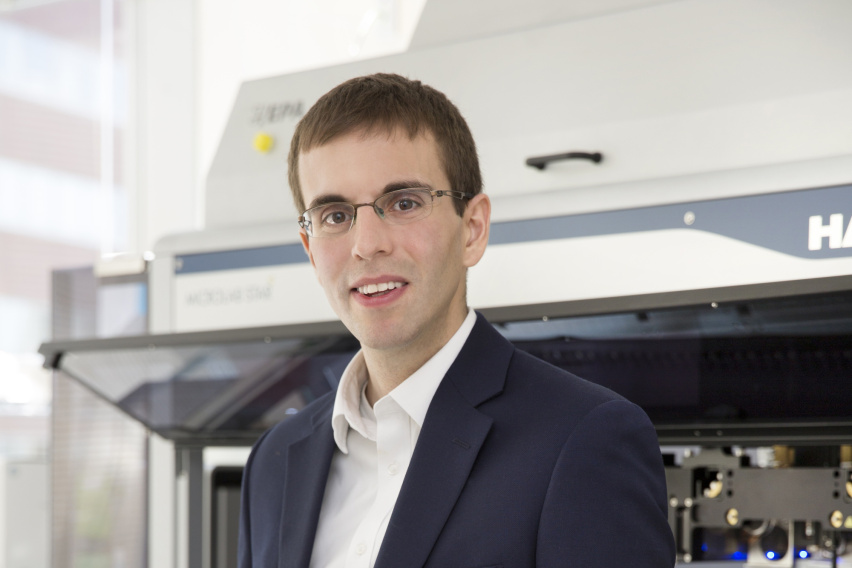MIT News
July 7, 2017
This summer, we mark the first anniversary of the launch of our Marble Center for Cancer Nanomedicine, established through a generous gift from Kathy and Curt Marble ’63. Bringing together leading Koch Institute faculty members and their teams, the Marble Center focuses on grand challenges in cancer detection, treatment, and monitoring that can benefit from the emerging biology and physics of the nanoscale. In its first year, the Center funded six transformative research projects in the areas of drug delivery and immunotherapy, established a scientific advisory board, and provided fellowship support for trainees, along with valuable opportunities for mentorship, scientific exchange, and professional development. We look forward to continued success and progress at the interface of nanotechnology and medicine.
